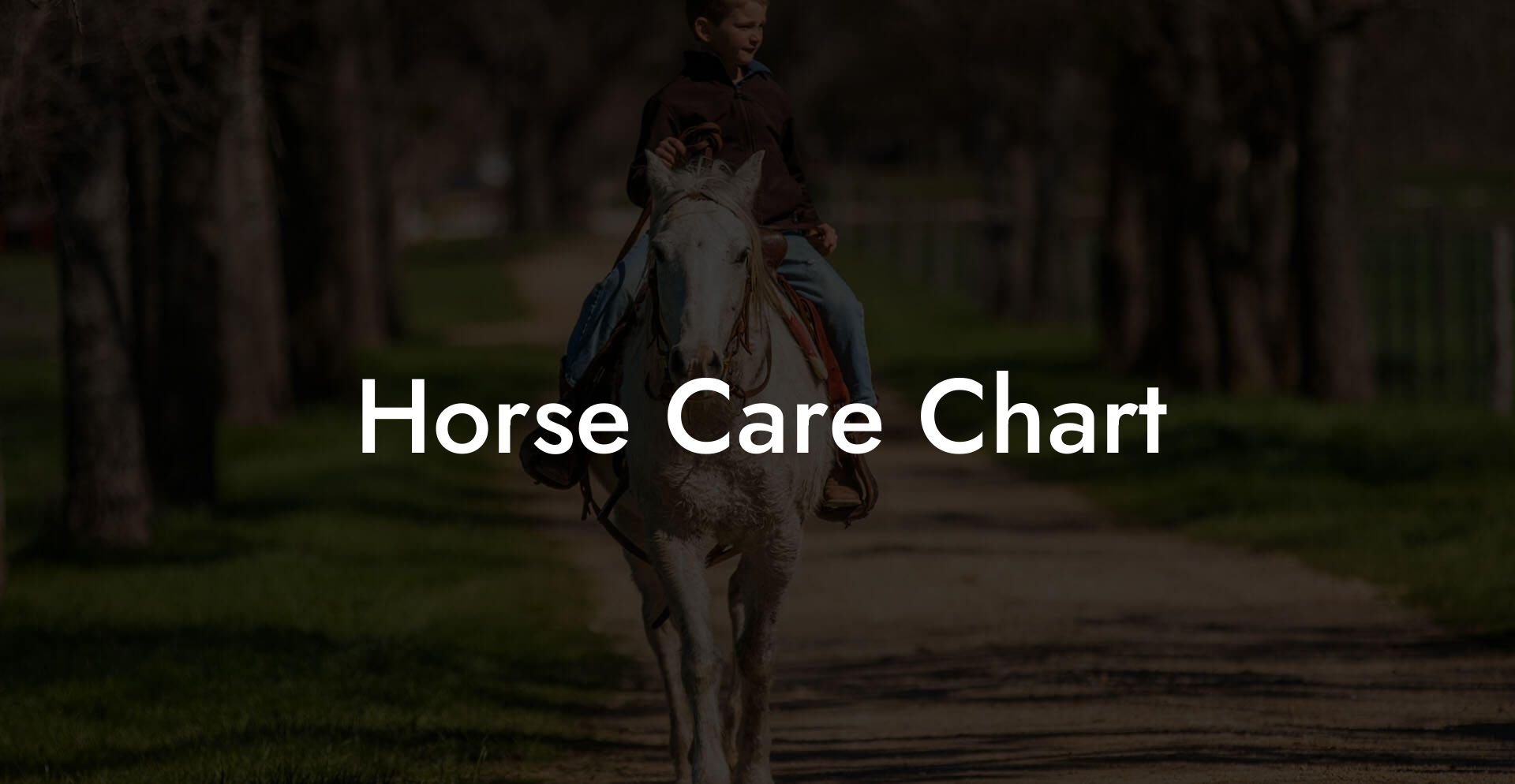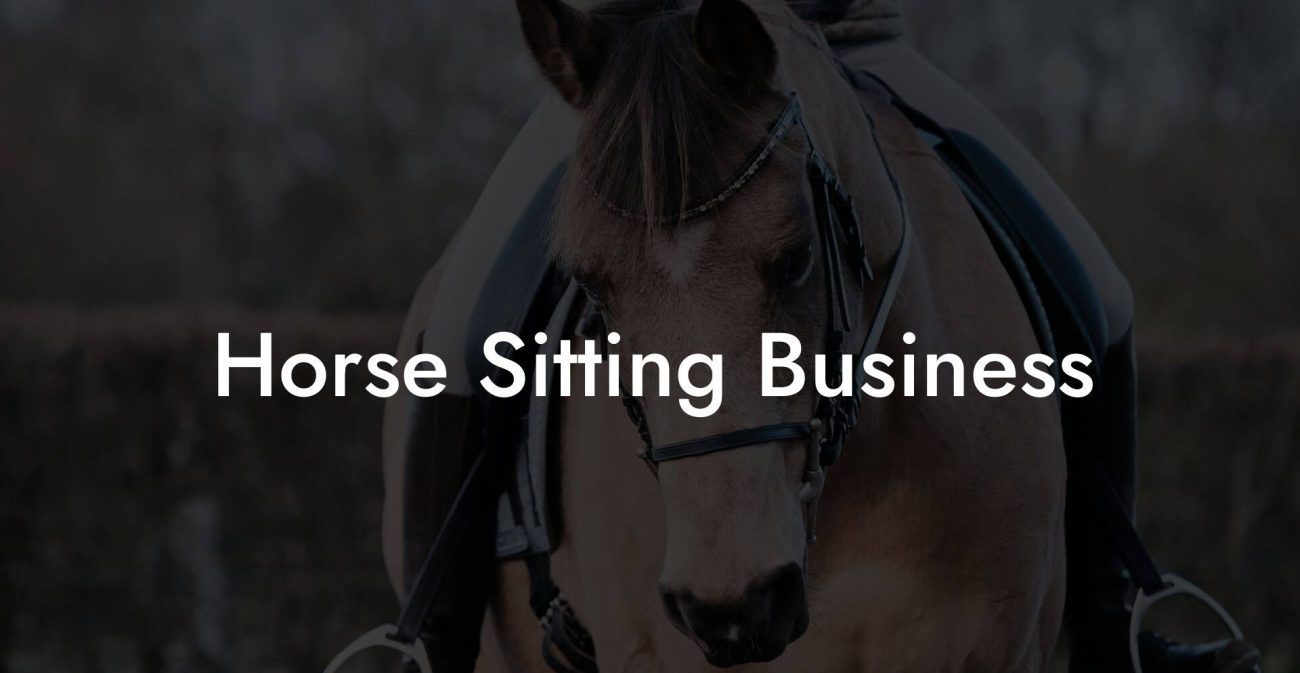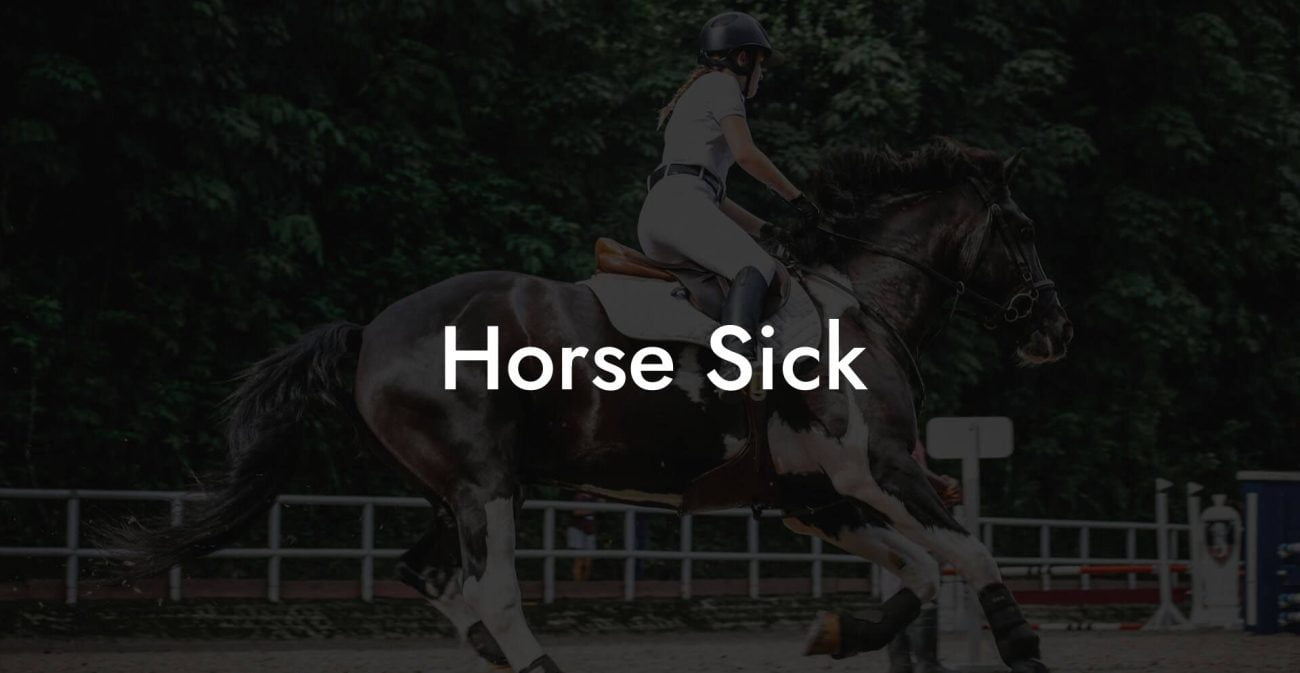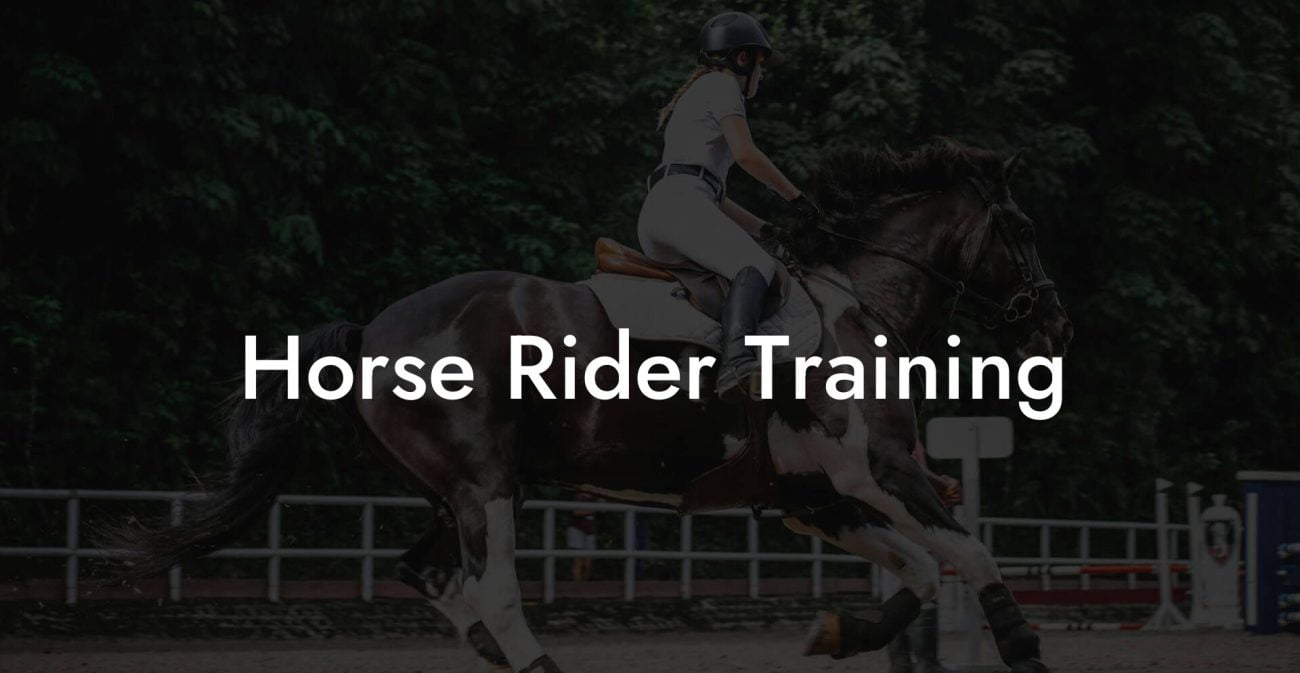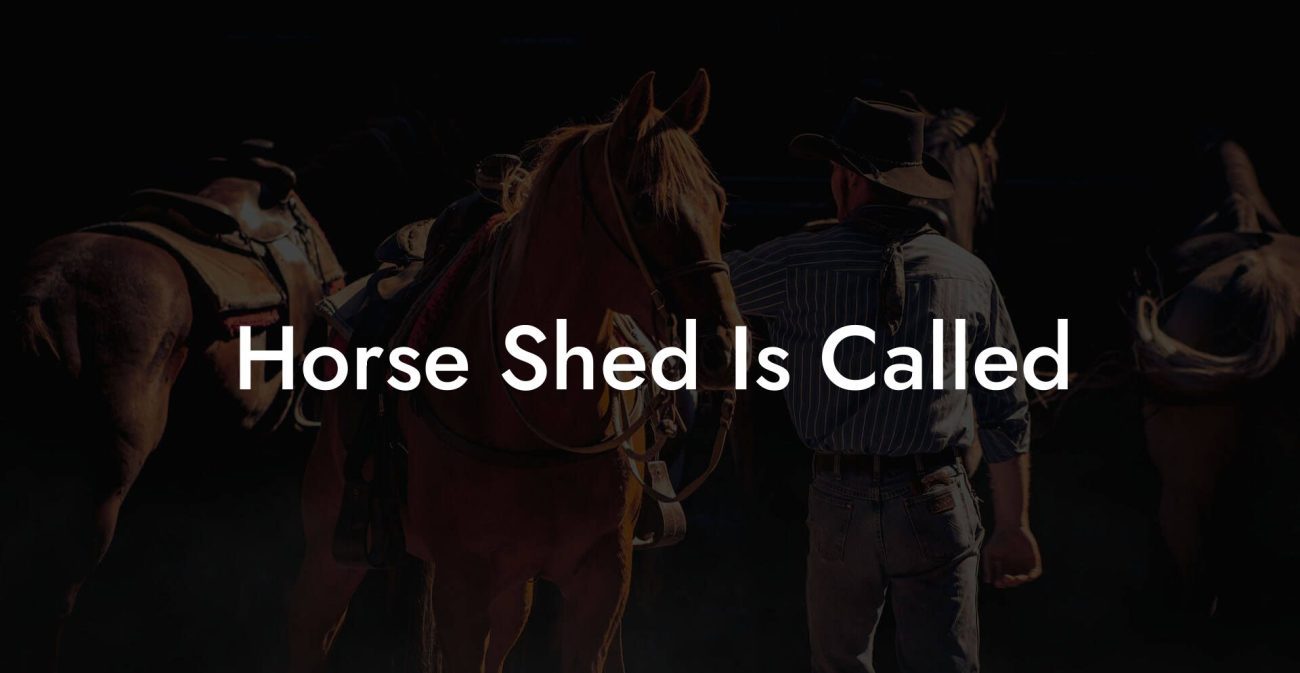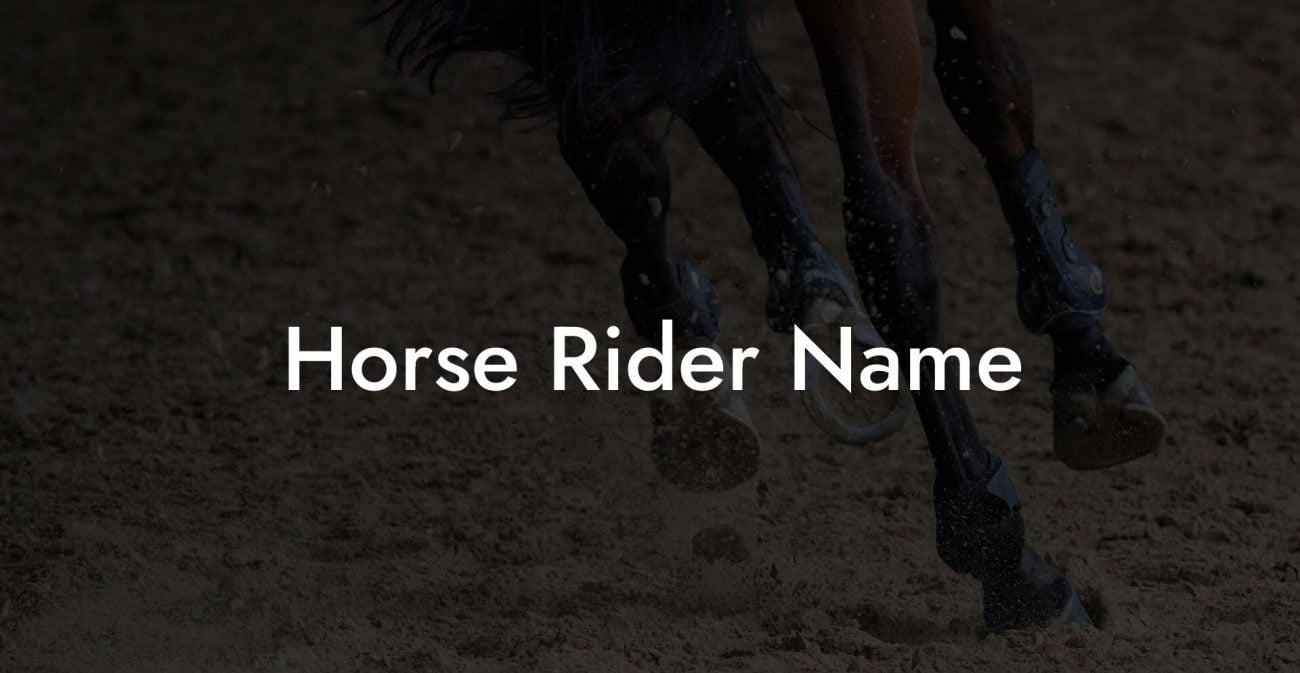Ever wondered how to decode your horse’s secret language of health and happiness? Picture this: a chart that not only tracks feeding times, grooming sessions, and health check-ups but also tells the vibrant story of your equine companion’s well-being, all wrapped up in a playful, visually engaging guide designed for Gen-Z dreamers and millennial horse enthusiasts. Whether you’re a seasoned rider or a newbie to the horse world, our horse care Chart is here to transform mundane tasks into an exciting adventure in equine care.
Quick Links to Useful Sections
- Understanding the Heartbeat of Equine Care
- The Horse Care Chart: Definition and Benefits
- Building the Ultimate Horse Care Chart: Your Step-by-Step Guide
- 1. List of Essential Components
- 2. Tools and Technologies
- 3. Personalization and Adaptability
- Daily Feeding and Nutrition: Fueling Your Equine Superstar
- Understanding Dietary Needs
- Creating a Feeding Schedule
- Grooming and Hygiene: Keeping Your Horse Looking Fresh
- Daily Grooming Routine
- Periodic and Deep-Care Grooming
- Essential Health and Wellness Checks
- Routine Vet Visits
- Monitoring Overall Physical Condition
- Exercise and Mental Well-Being: Keeping the Spark Alive
- Designing a Daily Exercise Plan
- Mental and Emotional Health
- Seasonal Horse Care: Adapting to Nature’s Changing Rhythms
- Winter Considerations
- Summer Strategies
- Spring and Fall: The Transitional Phases
- Resources and Community Support: Your Next Steps
- Frequently Asked Questions About Horse Care Charts
- Your Path to Equine Excellence: Start Charting Today
Understanding the Heartbeat of Equine Care
Horses aren’t just animals; they’re majestic companions with personalities, quirks, and unique needs. As a horse owner, you already know that keeping your horse happy and healthy is as rewarding as mastering your favorite TikTok dance challenge. With every trot, canter, and gallop, your horse communicates a story, a narrative of diet, exercise, grooming, and wellness that only a well-crafted care chart can decode.
This in-depth guide dives into the art and science of equine care, blending traditional practices with modern insights. From nutrition and exercise to grooming and seasonal adjustments, we’ve got a roadmap that’s detailed, dynamic, and downright fun. Get ready to impress your friends and followers with your newfound equine expertise!
In a world where every moment counts and every swipe matters, crafting a Horse Care Chart isn’t just about jotting down tasks, it’s about creating a holistic plan that elevates your horse’s lifestyle while giving you peace of mind. Let’s gallop into the details.
The Horse Care Chart: Definition and Benefits
A Horse Care Chart is essentially your all-in-one planner for managing every aspect of your horse’s health and well-being. Think of it as a dynamic checklist that tracks feeding schedules, grooming routines, exercise regimes, medical appointments, and seasonal needs. By visualizing this data, you can quickly identify patterns, spot potential issues, and ensure that every aspect of care is timely and effective.
Here are some standout benefits of maintaining a comprehensive Horse Care Chart:
- Holistic Health Management: Integrate nutrition, exercise, grooming, and medical care in one organized place.
- Proactive Monitoring: Stay ahead of potential problems by identifying irregular patterns in feeding or behavior.
- Family & Community Engagement: Share your care chart with trainers, veterinarians, and fellow horse enthusiasts to collaborate on best practices.
- Stress-Free Routine: Eliminate the chaos of managing multiple schedules and reminders, everything is at your fingertips.
Using a Horse Care Chart not only keeps your four-legged friend in peak condition but also transforms routine tasks into a personalized and engaging experience. It’s where practicality meets playfulness on the path to equine wellness.
Building the Ultimate Horse Care Chart: Your Step-by-Step Guide
Creating a Horse Care Chart might seem as daunting as choreographing a viral dance, but with this guide, you’ll be an expert in no time. Here’s how to build a chart that ticks all the boxes:
1. List of Essential Components
Every good chart starts with smart segmentation. Consider dividing your chart into these key sections:
- Feeding Schedule: Track meal times, type of feed, vitamins, and water intake.
- Grooming Routines: From brushing and bathing to mane and tail care, keep a log of all grooming tasks.
- Health and Medical Check-Ups: Vaccination dates, deworming schedules, dental care appointments, and any other vet visits.
- Exercise and training: Document daily workouts, riding sessions, pastures strolls, and turnout times.
- Seasonal Considerations: Adapt your care routine to the weather, winter blankets, summer hydration, etc.
2. Tools and Technologies
Gone are the days of scribbling notes on scrap paper. Leverage digital tools to create a dynamic and customizable chart:
- Spreadsheet Programs: Google Sheets or Excel are perfect for creating detailed, updateable logs.
- Mobile Apps: Apps like Equine Care or stable management software let you set reminders and access your chart on the go.
- Printed Calendars: Sometimes a physical chart in the barn keeps everyone on the same page.
3. Personalization and Adaptability
Your horse is as unique as your Instagram feed. Customize your care chart to reflect its individual needs. Add columns for notes on behavior, mood changes, or special requirements like extra grooming after a muddy day. Personalizing your chart ensures that every detail matters, the secret sauce that leads to a happier, healthier horse.
Remember, the best care chart encapsulates both the science of equine medicine and the art of creative organization. Whether you’re juggling multiple horses or focusing on one star mare, this chart is your backstage pass to a harmonious horse care routine.
Daily Feeding and Nutrition: Fueling Your Equine Superstar
Behind every happy horse is a well-planned meal plan. Nutrition isn’t just about filling up the trough, it’s about fueling performance, maintaining health, and supporting a vibrant coat and strong hooves. Let’s break down the essentials of equine nutrition that you can plug directly into your Horse Care Chart.
Understanding Dietary Needs
Horses are herbivores with a delicate digestive system that thrives on consistency. Key nutritional components include:
- Forage: The cornerstone of a horse’s diet. High-quality hay or pasture grass should make up the majority of their intake.
- Concentrates: Grains or pelleted feeds can supplement their energy needs, especially for performance horses, but always in moderation.
- Vitamins and Minerals: A balanced mix of vitamins, like A, D, and E, and minerals ensures bone health, muscle function, and overall vitality.
- Water: Fresh water is a must. Monitor intake closely, particularly in hotter months when hydration is crucial.
Understanding these basic building blocks of equine nutrition helps you tailor your horse’s diet to its activity level, age, and health condition. Note these details on your chart so that every feeding session is as precise as it is passionate.
Creating a Feeding Schedule
A consistent feeding schedule is vital. Here’s how you might break it down:
- Morning Forage: Begin the day with a generous helping of hay or pasture grazing. Record the type and quantity.
- Midday Check-In: If your horse is in a boarding facility or has access to pasture, note its grazing behavior and water consumption. A midday treat or supplement might also be necessary.
- Evening Meal: End the day with another balanced portion of hay and any necessary concentrates or supplements.
Use your digital or paper chart to set reminders for these feeding times. Adjust these plans seasonally, as nutritional needs can vary with weather, exercise demands, and changes in forage quality.
With precision tracking, you’ll never miss a meal and your horse will always get the balanced nutrition it needs to shine, much like the perfect influencer post.
Grooming and Hygiene: Keeping Your Horse Looking Fresh
Grooming is more than just a cosmetic routine, it’s about bonding with your horse, preventing skin issues, and keeping its coat in showroom condition. The grooming segment of your Horse Care Chart should cover everything from daily brushing to periodic mane and tail care sessions.
Daily Grooming Routine
A daily grooming session should include:
- Brushing: Use a soft brush to remove dust and dirt, followed by a stiffer brush for mane and tail detangling.
- Hoof Picking: Clean out dirt and debris from between the hooves to prevent infections.
- Check for Injuries: Look over your horse’s body for cuts, swelling, or insect bites that might require attention.
These tasks not only keep your horse neat and healthy but also serve as an opportunity to check in with your equine friend on a personal level.
Periodic and Deep-Care Grooming
In addition to daily routines, schedule deeper grooming sessions:
- Bathing: A thorough wash with equine shampoo helps remove buildup from the coat and avoids skin irritations. Note the frequency based on your horse’s activity level and season.
- Mane and Tail Care: Regular detangling, trimming, and conditioning keep your horse’s mane and tail in top shape. Document any product changes or specialized treatments.
- Dental and Ear Cleaning: Periodic check-ups with a vet for dental health, and cleaning of the ears, keep discomfort at bay.
Carving out dedicated time for grooming not only contributes to your horse’s physical health but also reinforces the trust between you two, proving that quality care is always in style.
Essential Health and Wellness Checks
Like any influencer’s fitness routine, your horse’s health needs regular check-ins and fine-tuning. Your Horse Care Chart should include a section dedicated to monitoring your horse’s overall wellness.
Routine Vet Visits
Schedule periodic visits to the veterinarian to cover:
- Vaccinations and Deworming: Record dates for each preventive treatment. These sessions are crucial for warding off contagious diseases and parasites.
- Dental Care: Horses need their teeth checked at least once a year to avoid pain and complications from chewing issues.
- Injury and Lameness Evaluations: Keep thorough notes if your horse experiences any unusual gait changes, stiffness, or injuries.
Being proactive with these health measures can prevent minor issues from spiraling into major ones, just like keeping up with your regular cardio on a busy schedule.
Monitoring Overall Physical Condition
In between vet visits, use your care chart to:
- Track Weight Changes: Sudden a drop or spike in weight could indicate issues with nutrition or illness, so note any changes immediately.
- Record Behavioral Patterns: Jot down any shifts in activity levels, mood, or social interactions within the herd. These subtle signs often speak volumes about your horse’s comfort and stress levels.
- Health Metrics: Some owners track vital signs such as pulse and respiration rates. Even if you’re not a numbers person, recording these can help create a baseline for future reference.
Incorporating comprehensive health metrics into your Horse Care Chart ensures that you and your veterinarian are always on the same page, setting the stage for personalized and effective care.
Exercise and Mental Well-Being: Keeping the Spark Alive
A happy horse is an active horse. Equine fitness isn’t about running full-speed 60-length gallops all day (unless that’s part of your horse’s training routine). It’s more about balanced, regular exercise that nurtures both body and mind.
Designing a Daily Exercise Plan
Incorporate various forms of movement into your horse’s daily routine:
- Warm-Up and Cool-Down: Just like humans, horses benefit from a proper warm-up before intensive work and a cool-down afterwards to prevent injuries.
- Varied Workouts: Mix in riding lessons, lunging, arena work, and trail rides. This variety prevents boredom and enhances overall fitness.
- Turnout Time: Allow your horse ample time in a pasture or paddock for free movement. Turnout is essential for mental stimulation and social interaction with other horses.
Track these exercise sessions on your care chart. Record the type of activity, duration, and any noticeable improvements or fatigue. Over time, you adjust the regimen to match your horse’s evolving capabilities and moods.
Mental and Emotional Health
Horses are incredibly perceptive. Their emotional well-being isn’t just a bonus, it’s integrally linked to their physical health. Consider these tips:
- Social Interaction: Document time spent with stablemates and humans alike. A socially engaged horse is often a happier and more relaxed one.
- Enrichment Activities: Introduce puzzles, novel objects, or varied terrain in the pasture to stimulate their curious minds.
- Calming Techniques: Even a simple brushing session can have a meditative, calming effect. Record any changes in demeanor that might indicate stress or relaxation.
By balancing physical workouts with mental exercises, your care chart becomes a tool for holistic well-being, proving that horses, much like us, thrive on a mix of structure and freedom.
Seasonal Horse Care: Adapting to Nature’s Changing Rhythms
Nature is dynamic, and so is your horse’s care routine. Seasonal changes bring unique challenges and opportunities for equine health. Whether you’re dealing with the chill of winter, the heat of summer, or the unpredictable moods of spring and fall, adjusting your care chart is key.
Winter Considerations
During the colder months, horses need extra care to stay warm and healthy:
- Increased Caloric Intake: Record minor adjustments in diet, more roughage may be needed to help generate body heat.
- Blanketing and Shelter: Document blanketing schedules and ensure your horse has access to dry, draft-free shelter.
- Exercise Adjustments: Monitor activity levels carefully; shorter, low-impact warm-ups are often necessary to prevent injuries in cold muscles.
Summer Strategies
Heat and high humidity call for vigilant hydration and cooling measures:
- Hydration Reminders: Track water intake meticulously. Consider adding electrolytes on particularly hot days.
- Shade and Cooling: Ensure your horse has plenty of shade during turnout times. Document any additional cooling aids like fans or misters in your chart.
- Exercise Timing: Schedule strenuous activities during cooler parts of the day, early morning or late evening, to prevent overheating.
Spring and Fall: The Transitional Phases
Transitional seasons mean variable weather and changing pasture quality. Adapt your care chart accordingly:
- Pasture Management: Track pasture conditions, noting when to provide extra hay or supplemental feeding if the grass quality fluctuates.
- Allergy Awareness: Seasonal changes may trigger allergies. Record any signs of discomfort or itching and consult your vet if needed.
- Preventative Measures: Transitional periods are perfect for scheduled deworming or vaccinations. Keep these appointments front and center on your chart.
Customizing your Horse Care Chart for each season not only ensures that your horse adapts smoothly but also elevates your level of preparedness, because a well-cared-for horse is always in season.
Resources and Community Support: Your Next Steps
Navigating the world of equine care can feel as challenging as deciphering the latest meme, but you’re not alone. Countless online communities, local stables, and equine forums are buzzing with tips, personal stories, and expert advice that can help you fine-tune your Horse Care Chart.
Consider these actionable steps:
- Join Online Forums and Social Media Groups: Platforms such as Instagram, Facebook, and specialized equine care forums are perfect for connecting with like-minded enthusiasts. Share tips, ask questions, and stay updated with the latest trends.
- Consult with Equine Professionals: Regular consultations with your local veterinarian or equine nutritionist can provide personalized insights and adjustments to your care chart.
- Attend Workshops and Clinics: Look for local or virtual workshops that cover everything from grooming techniques to advanced nutrition plans.
- Utilize Digital Tools: From apps that sync with your phone to digital calendars with built-in reminders, technology can streamline your care routine and keep you connected with the latest equine research.
Remember, your journey in horse care is a collaborative one. By engaging with communities and experts, you not only improve your own practices but also contribute to a larger conversation about equine well-being. The more you learn, the better you can customize your Horse Care Chart to create an environment where your horse can thrive.
Whether you’re crafting the perfect meal plan or scheduling that extra grooming session, each step you take builds a bridge to a healthier, happier equine life. Your proactive approach is the first step towards unparalleled excellence in horse care.
Frequently Asked Questions About Horse Care Charts
We’ve compiled some of the most popular questions about creating and managing your Horse Care Chart. Dive in for answers that demystify the process and ensure your equine friend's health is always on point.
1. What exactly is a Horse Care Chart?
A Horse Care Chart is an organized plan that tracks all aspects of your horse’s well-being, from feeding schedules and grooming routines to important health check-ups and seasonal adjustments, helping you manage care with precision.
2. How can a care chart benefit my horse’s overall health?
By maintaining a care chart, you ensure consistency in your routine, promptly address any irregularities, and stay proactive in managing your horse’s nutrition, grooming, and health. This leads to improved overall wellness and helps prevent potential issues.
3. Which tools can I use to create and maintain a Horse Care Chart?
You can opt for digital options like Google Sheets or mobile apps specifically designed for equine management. For those who prefer analog methods, a well-organized printed calendar works just as effectively.
4. How often should I update my Horse Care Chart?
Regular updates, ideally daily or weekly, are recommended. Adjust your chart after each feeding, grooming session, or vet visit to ensure it reflects current conditions and upcoming needs.
5. Can a Horse Care Chart help with identifying health issues early?
Absolutely. A detailed chart allows you to spot changes in eating habits, behavior, or activity levels early on, prompting timely consultations with your veterinarian.
6. How do I integrate seasonal changes into my care chart?
Customize sections of your chart for seasonal adjustments, record changes to diet, extra protective measures in extreme weather, and any necessary shifts in exercise routines.
7. What should I do if I notice a sudden change in my horse’s behavior?
Note the change in your chart immediately and contact your veterinarian. Consistent tracking helps determine if it’s a one-off incident or an emerging pattern.
8. How can I personalize the chart to fit my horse’s unique needs?
Include sections for notes on individual behavior, special dietary requirements, or customized grooming needs. Tailor the frequency of updates based on your horse’s age, activity, and health condition.
9. Are there any online communities dedicated to horse care charts?
Yes! Many equine care forums and social media groups focus on horse management, sharing templates, tips, and real-life success stories that can inspire your chart setup.
10. Can a detailed care chart improve communication with my veterinarian?
Definitely. Keeping a comprehensive log provides your veterinarian with accurate, real-time data on your horse’s health, aiding in more personalized and effective care.
Your Path to Equine Excellence: Start Charting Today
The adventure of equine care is one of discovery, joy, and ongoing learning, an ever-evolving journey that mirrors the rhythms of nature and the dynamism of modern life. With your Horse Care Chart as a trusty guide, you’re ready to navigate the ins and outs of feeding, grooming, health, exercise, and seasonal adjustments with finesse and confidence.
Embracing this structured approach isn’t just practical, it’s a creative expression of your commitment to your horse’s well-being. Each entry on the chart is a step towards building a bond that’s as rich in trust as it is in care. As you update, review, and refine your chart, you’ll find that every moment spent in planning translates to lasting moments of connection and joy in the paddock.
So grab your smartphone, open your favorite note-taking app, or head straight to a spreadsheet, and start charting your way to equine excellence. When you’re equipped with the insights and tools from this guide, every day becomes a new opportunity to celebrate the beauty, power, and unpredictable charm of your horse. Let the journey begin!
Ultimately, creating and maintaining a comprehensive Horse Care Chart empowers you to be both a vigilant caretaker and an inspired equestrian superstar. Embrace the art and science of horse care, and let your meticulous planning pave the way for a future where every gallop, every breeze, and every shared moment is a testament to the vibrant life of your majestic companion.

